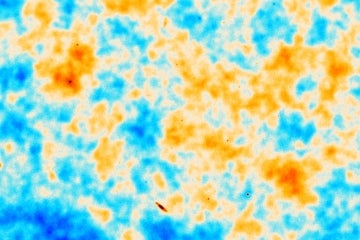
These U of T physicians and therapists are keeping athletes in the Games
Published: July 24, 2015
Watch closely as Roseline Filion and Meaghan Benfeito make their final Pan Am dive and you will notice athletic tape wrapped snuggly around Filion’s left ankle.
That tape helped win the Canadian duo a gold medal in the 10-metre platform event.
“We were working feverishly to decrease inflammation,” says athletic therapist Andrea Prieur, one of more than a dozen University of Toronto health professionals working with athletes in the Toronto 2015 Pan Am/Parapan Am Games. “We were able to support the ankle and she didn’t have any issues. But that kind of detail can make or break a performance.”
Most of the U of T physiotherapists, athletic therapists, physicians and nurses working at the Games are from the David L. MacIntosh Sport Medicine Clinic of the Faculty of Kinesiology and Physical Education. Others hail from the Faculty of Medicine, including Pan Am lead physician Dr. Julia Alleyne and lead dietitian Nanci Guest.
Some are stationed at the Pan Am/Parapan Am Athletes’ Village, while others work from the sidelines during sporting events. Not all the attention goes to Canadians. Some of the professionals focus on athletes from countries that have no team physicians and therapists.
Prieur is serving on the core medical team and working with Canada’s diving and taekwondo teams. Dr. Ian Cohen, another core team member at the Athletes’ Village, has spent hours on Lake Ontario as a first responder prepared to tend to sailing athletes in 10 fleets on three race courses.
Dr. Doug Richards (pictured below) is the medical director of the MacIntosh Clinic and has 31 years of experience in sport medicine. A veteran of the 2003 Pan Am Games in Santo Domingo, he was team physician for the Toronto Raptors from 1995 to 2004, chief medical officer of the Special Olympics in Toronto in 1998, and national team doctor for women’s basketball (1987-2012) and men’s and women’s beach volleyball (1997-2014).

His Toronto Pan Am duties have included archery, open-water swimming, volleyball practice and field hockey. He has treated a hypothermic swimmer and tended to cuts, bruises and concussions suffered by field hockey players. Field hockey kept him close to home on the downtown campus.
“It was partly a choice to cover the home territory,” Richards said. “I’ve worked here since 1981, so I’m a Varsity Blue. I know my way around.”
As focused as they are on personal achievement, athletes are grateful for the hours the volunteers and medical team have put into the Games.
Canadian diver Vincent Riendeau, who competed with a wrist injury, is one. He was not able to practise all his arm stands in the week leading up to the competition.
Riendeau still won a silver in the men’s synchronised 10m platform event, with Philippe Gagné.
“The first thing he did after his dive,” Prieur said, “was come over to me and say, ‘I couldn’t have done it without you.’”



